Simplified procedures, relocation of capital and a consistent vision of growth. Recommendations of the EEC 2025
WNP.PL - 12-05-2025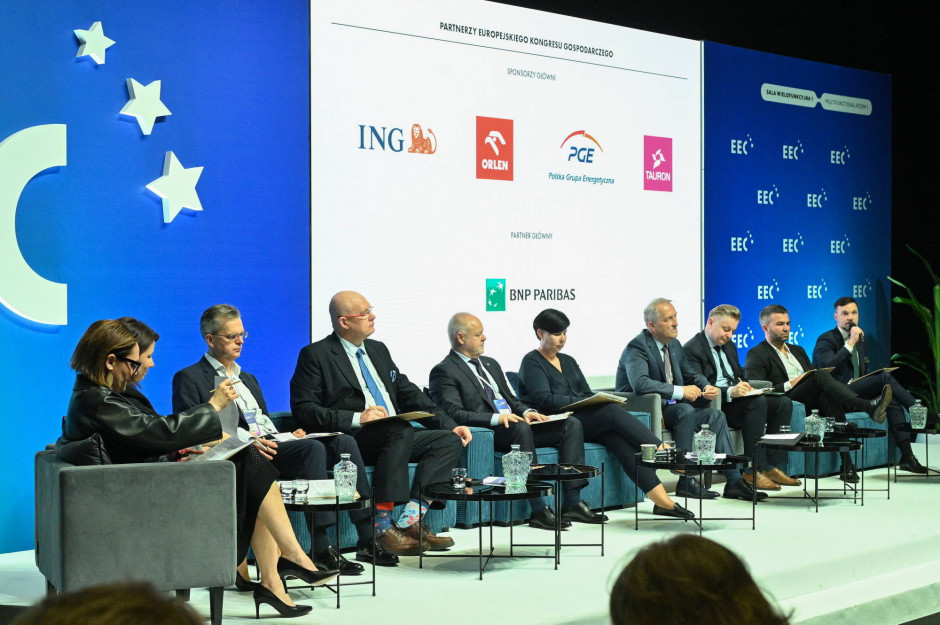
In the face of relentless external pressure on maintaining its competitive edge on the international stage, Polish economy needs an ambitious and long-term vision of growth. “It is high time we started thinking strategically,” claimed experts at the 17th edition of the European Economic Congress, offering recommendations for the government.
- Digitalisation of administration, deregulation that actually simplifies procedures, cooperation between business and science, more emphasis on what distinguishes Polish companies from their European counterparts – these are only some of the recommendations produced at the first advisory debate of this year’s European Economic Congress.
- “Investments are a key component that we are still missing. The previous year, 2024, saw another slowdown in this respect. Investments are slowing down predominantly due to high energy prices, increased minimal wage, or the strengthening of the zloty that makes Polish exports less competitive,” said Agnieszka Kubera, the president of the management board of Accenture, enumerating problems of the Polish economy.
- “Procedures, construction permits, tenders – this is where we require technical implementations and accurate improvements. It is unthinkable to wait thirty days for a decision of an office that is obtainable in a mere two hours. We need stable and predictable law. It is all that is required to attract investment,” said Krzysztof Niemiec, the president of the management board of Track Tec.
- “Poland's policy on industry needs to be included in the budget. Today, our deficit is much too high. Unless there is some change, we will not be able to implement the key recommendations. There was time for welfare state, now it is time for effective business support. We need a new economic paradigm,” said Rafał Benecki, Chief Economist at ING Bank Śląski.
There are reasonable causes for declining investments in Poland. What do Polish companies need?
In a session titled “EEC recommendations: Competitive economy. Investments and development” Agnieszka Kubera, the president of the management board at Accenture, pointed at reasons why investments in Poland are slowing down.
“Investments are a key component that we are still missing. The previous year, 2024, saw another slowdown in this respect. Investments are slowing down predominantly due to high energy prices, increased minimal wage, or the strengthening of the zloty that makes Polish exports less competitive,” enumerated the pundit.
At the same time, she said there is some optimism about 2025.
“There is some optimism caused by access to EU funds and the fact that Poland is interesting from the perspective of nearshoring and adoption of new technologies,” observed Kubera.
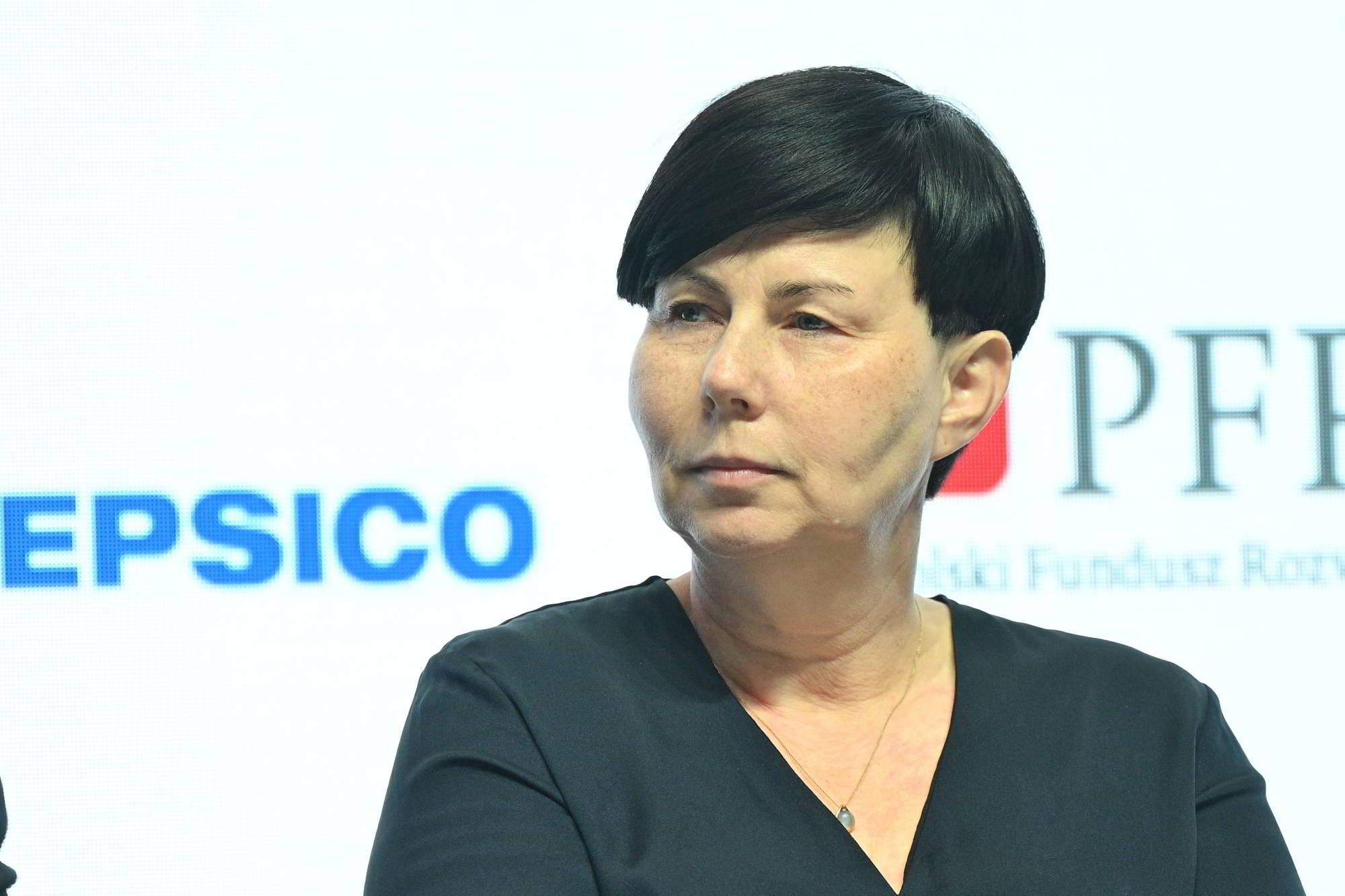 Agnieszka Kubera, prezeska Accenture Polska. Fot. PTWP
Agnieszka Kubera, prezeska Accenture Polska. Fot. PTWPTalking of recommendations, Agnieszka Kubera said that investments are always planned a few years ahead, highlighting the need for a long-term non-partisan approach.
“Administration and business must work together to increase the investment allure of Poland and create the image of Poland as a modern, and business-friendly country. This image must be deeply rooted in the minds of potential investors. Moreover, we must effectively support the growth and expansion of Polish companies by investing in human resources and digitalising Polish enterprises,” added Kubera.
Michał Gramatyka, the Deputy Minister of Digital Affairs, talked what solutions have already been implemented, and are still required, by public administration.
“We are constantly trying to provide opportunities and think strategically. We are the first ministry to have presented a long-term development strategy for twenty years ahead. “We have defined milestones and key areas for comprehensive implementation of appropriate algorithms based on AI,” said the deputy minister.
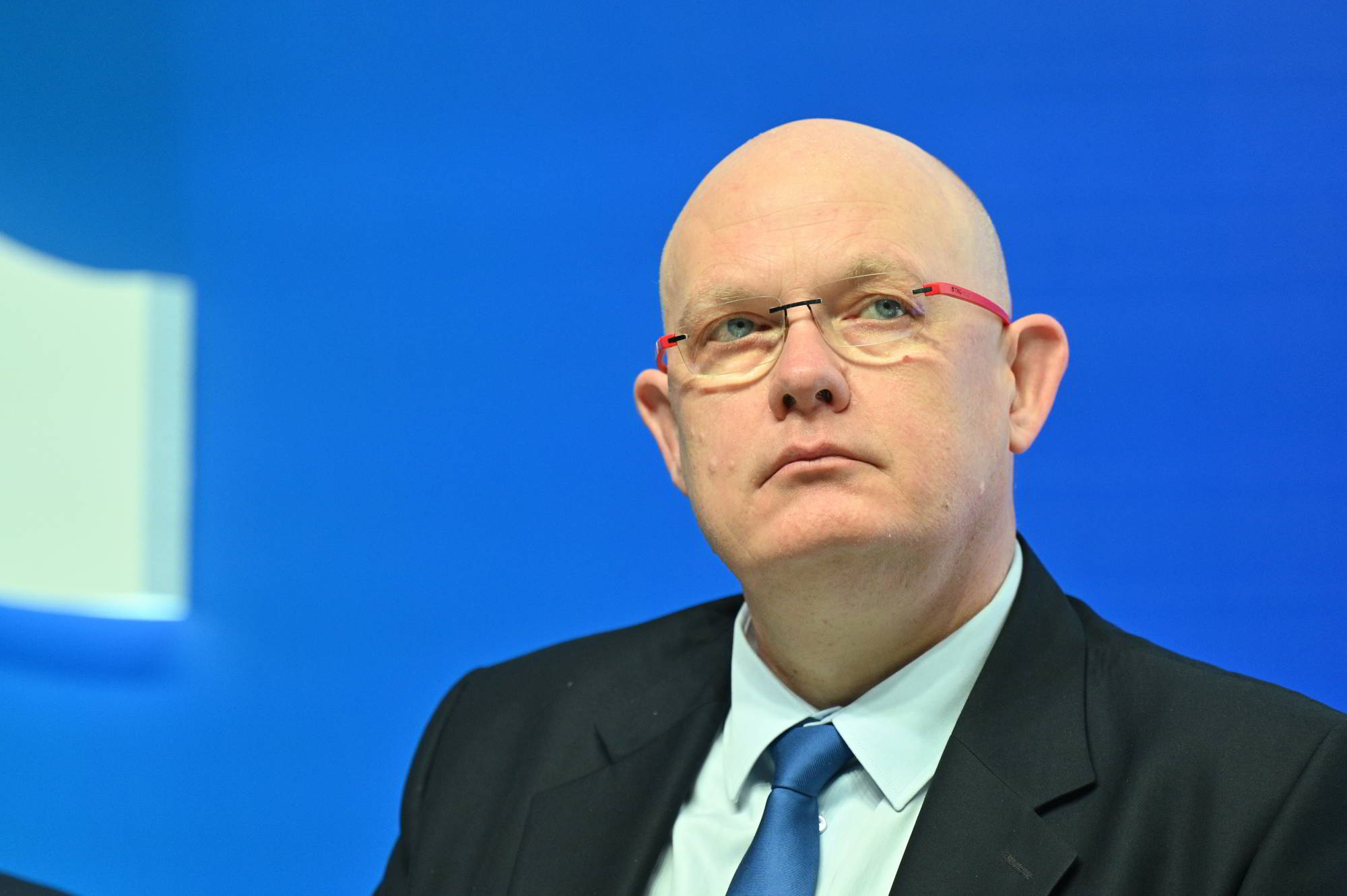 Michał Gramatyka, sekretarz stanu w Ministerstwie Cyfryzacji. Fot. PTWP
Michał Gramatyka, sekretarz stanu w Ministerstwie Cyfryzacji. Fot. PTWP“However, development cannot happen without access to broadband Internet. It is a critical condition of technological advancement. Where there is Internet, possibilities are limitless,” added Gramatyka.
He also pointed at the need to unify IT systems used by administration.
“We must implement digital services. At the moment, there are separate systems operating in various sectors of public administration, like the systems for electronic deliveries that are competitive towards each other – these systems need to be integrated into one used by entire administration. This would also improve our cooperation with the private sector,” concluded Gramatyka.
Business and science must go hand in hand. But cooperation must come at a profit for the former
Marek Gzik, the Deputy Minister of Science and Higher Education, said that the Polish economy needs to replace the approach it has been using for the past thirty years with a new one, promoting innovation and based on knowledge.
Instead of relying on cheap labour, we must compete with knowledge, technology and services. In Poland, business must go hand in hand with science, which is on a very high level,” said Gzik.
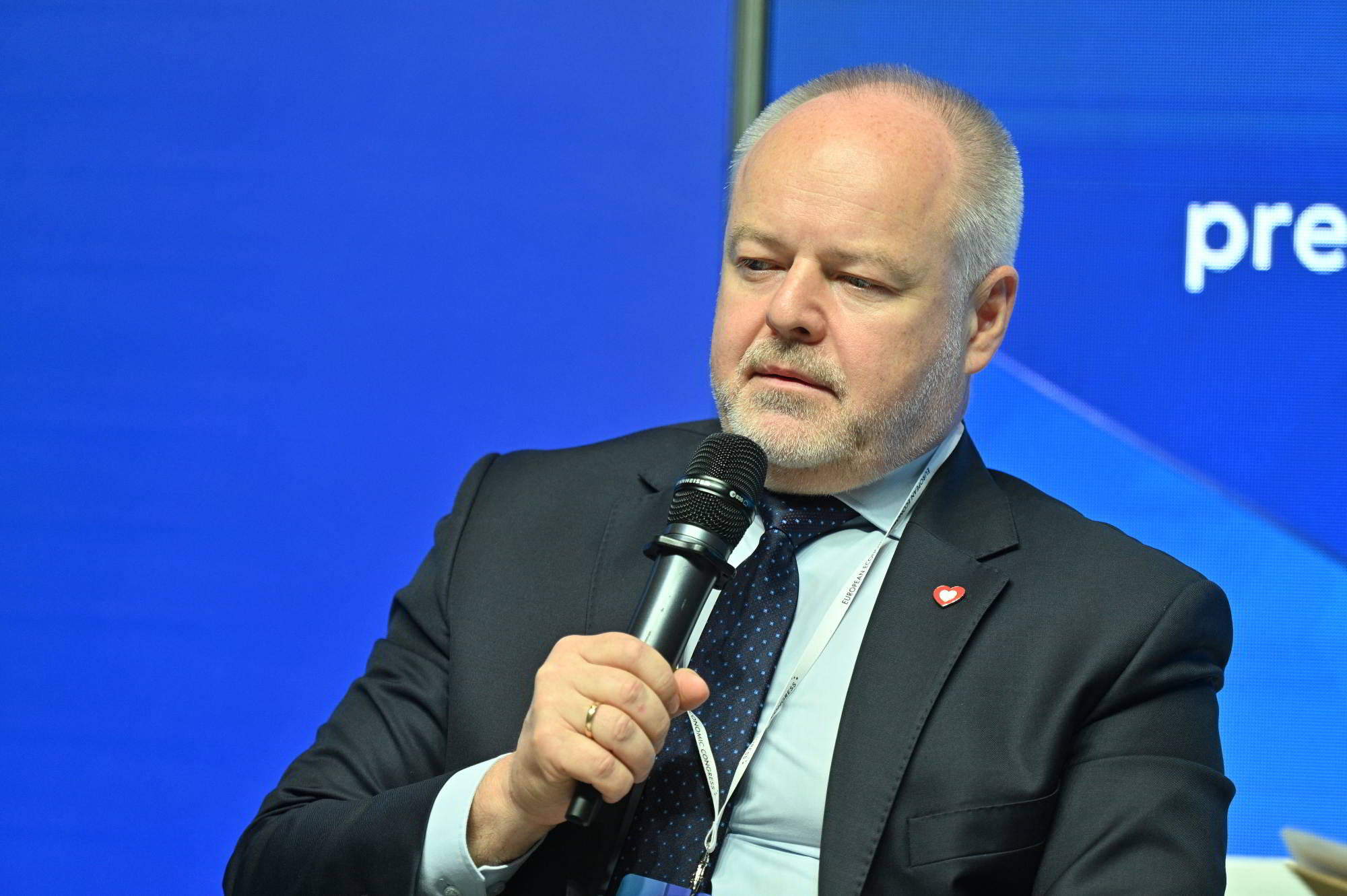 Marek Gzik, sekretarz stanu, Ministerstwo Nauki i Szkolnictwa Wyższego. Fot. PTWP
Marek Gzik, sekretarz stanu, Ministerstwo Nauki i Szkolnictwa Wyższego. Fot. PTWP“However, for this cooperation to happen and yield the expected result, we need incentives that would motivate entrepreneurs to work closely with the scientific community. It simply has to be profitable for them. We also need to increase spending on higher education to 2.2% of GDP, the EU average,” concluded the deputy minister.
Business is unanimous that cumbersome bureaucracy can ruin the best idea
Krzysztof Niemiec, the Vice-President of the Management Board at Track Tec S.A. said that a lack of investments is caused by inefficient administration.
“Procedures, construction permits, tenders – this is where we require technical implementations and accurate improvements. It is unthinkable to wait thirty days for a decision of an office that is obtainable in a mere two hours. Digitalising state institutions must be a priority, while institutions themselves must treat businesses as their partners. Make it easier and faster, not slower and more cumbersome – that is what we expect,” said Krzysztof Niemiec.
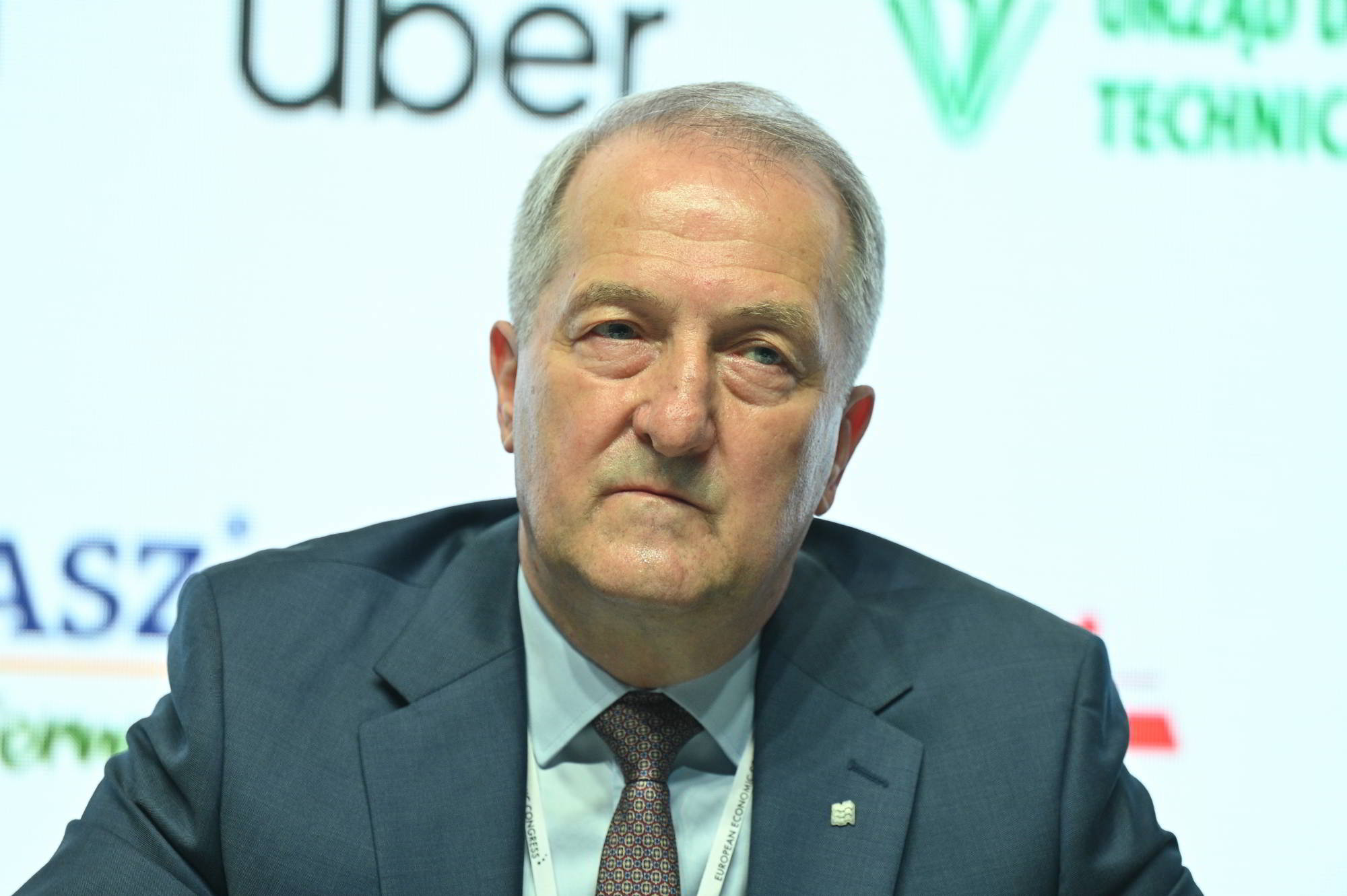 Krzysztof Niemiec, Track Tec SA, wiceprezes zarządu. Fot. PTWP
Krzysztof Niemiec, Track Tec SA, wiceprezes zarządu. Fot. PTWP“We need stable and predictable law. That is all that is needed to attract investments. We also need to reduce the red tape. Politics must support business and investments. In the meantime, there has been emphasis on cash handouts – it needs to stop,” he concluded.
Business seems to be unanimous in its assessment of the impact of state regulation. Wojciech Ściana, the Vice-President of the Management Board at Wipasz S.A., has also been critical of over-regulation.
“Why are investments in decline? For starters, energy prices are hardly helpful. But administrative barriers that have recently become almost impossible to overcome share the blame,” warned the entrepreneur.
“Additionally, we are losing our competitive edge due to outdated distribution grids Some of them have waited up to 40 years to be modernized, with no modernisation in sight. Indeed, we have observed some change in this respect, but if we were to become independent in terms of energy, or transition to renewable energy sources, we would not be able to connect to the grid. It is a huge problem and barrier to growth,” explained the president of Wipasz SA.
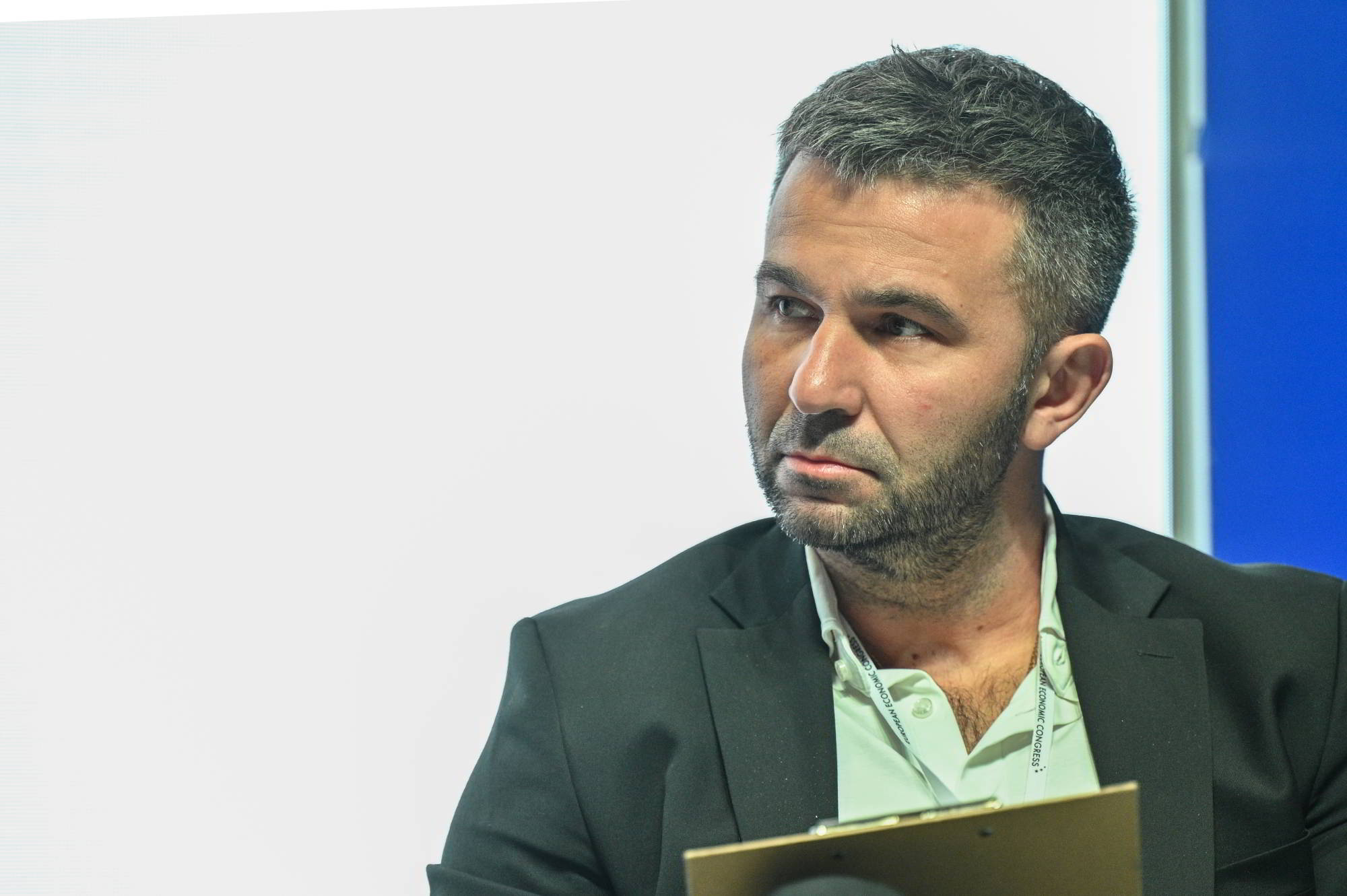 Wojciech Ściana, wiceprezes Wipasz SA. Fot. PTWP
Wojciech Ściana, wiceprezes Wipasz SA. Fot. PTWPThe government must follow one simple rule: first, do no harm
Jakub Stefaniak, the Secretary of State and Deputy Head of the Chancellery of the Prime Minister insisted that a long-term strategy for Poland is currently under development. Its motto is “security”.
“The strategy will revolve around security. We will also establish a new department within the ministry of development – a department of the defence industry, tasked with developing a new long-term security strategy. The defence industry will invite to cooperation companies that only apparently have nothing to do with this industry,” said Stefaniak.
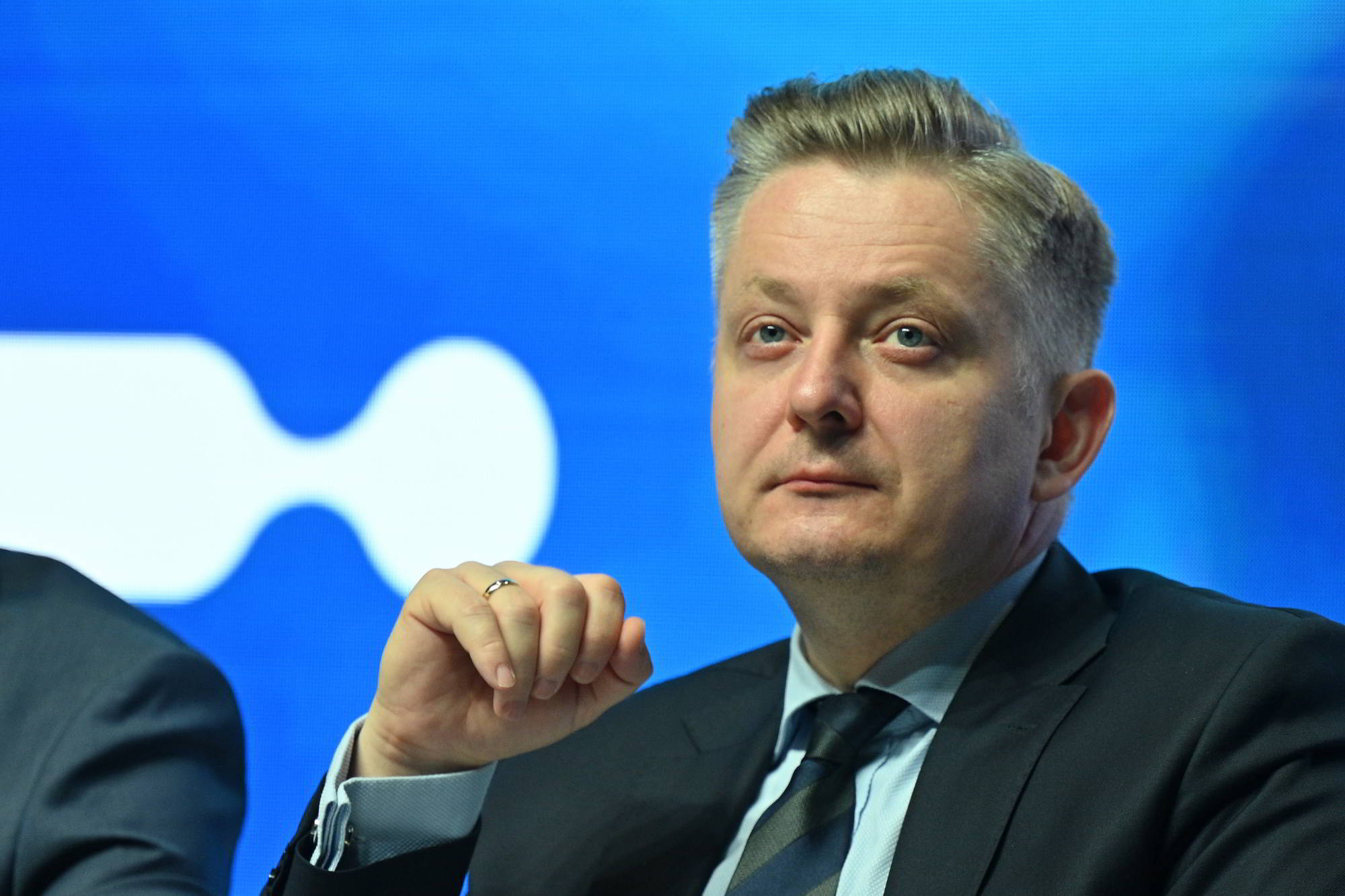 Jakub Stefaniak, sekretarz stanu, zastępca szefa Kancelarii Prezesa Rady Ministrów. Fot. PTWP
Jakub Stefaniak, sekretarz stanu, zastępca szefa Kancelarii Prezesa Rady Ministrów. Fot. PTWPHe also mentioned what rules the government intends to follow.
“Primum non nocere – first, do no harm. That is the rule we want to follow. Equally important is the subject of deregulation, which is why the government has already adopted a first deregulatory package. An entrepreneurs should be treated as a partner,” explained the secretary of state.
Relocation of capital to private equity funds – a condition of economic advantage
Łukasz Targoszyński, partner at Baker McKenzie assessed that although it has seen 30 years of growth, Poland still has a lot of potential.
“We need to constantly look up to those more advanced in order to know where to improve.” Poland has great talent, but it is suffering a brain drain; the best leave the country, sometimes leaving even the EU. It is high time we put an end to this,” he said.
He pointed at the significance of private equity funds in building the potential of Polish companies. He recommended transferring institutional capital to private equity funds.
“Companies in the portfolio of private equity funds create 6.5 thousand jobs in a year. To support economy in this way, funds need capital. At the moment, a mere 5% of retirement premiums go to private equity funds. In France, it is over 20%. All we need to do is mobilize the capital of citizens and allocate it to funds. This would automatically increase the potential of Polish companies,” explained Targoszyński.
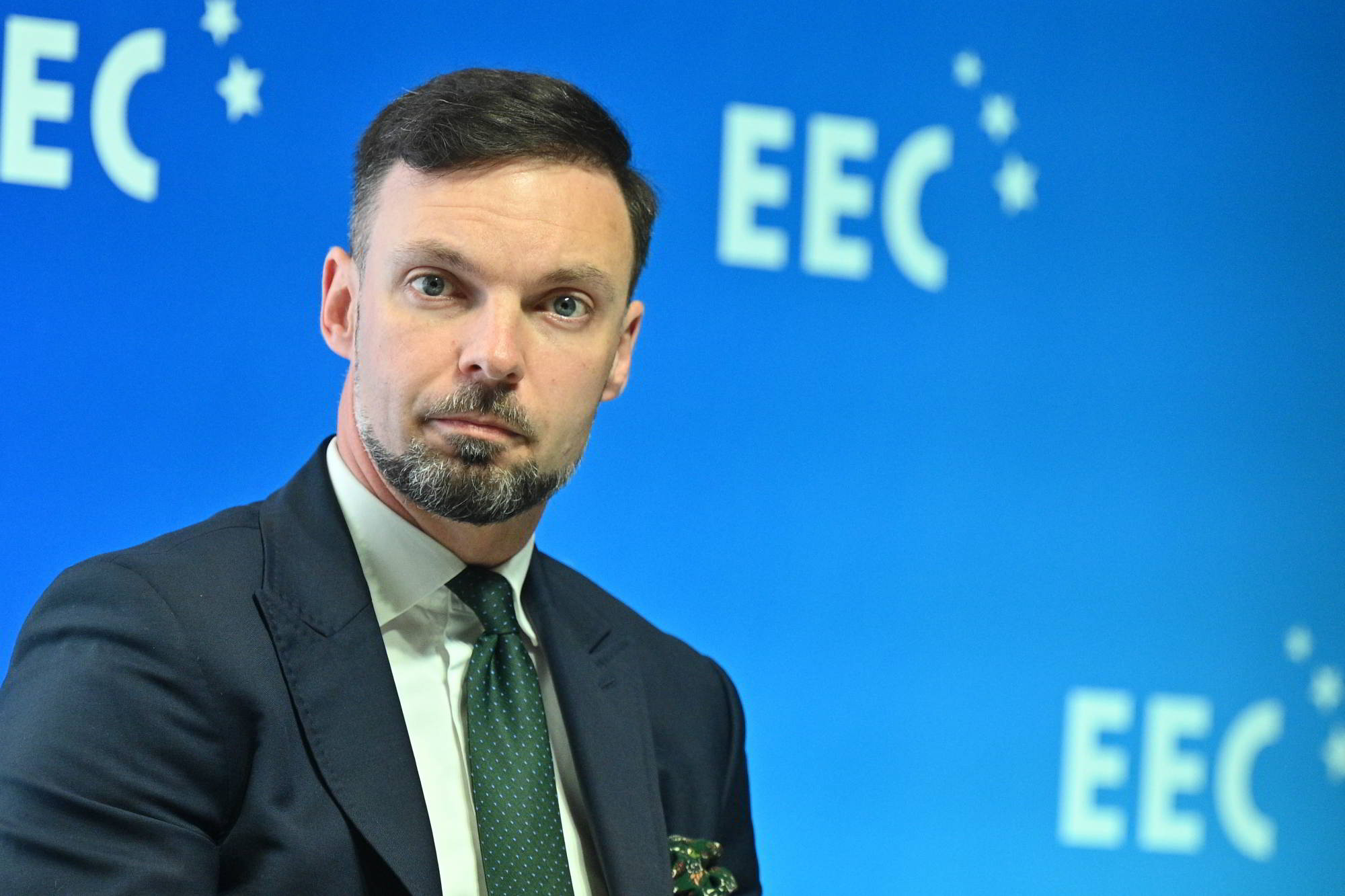 Łukasz Targoszyński, partner w Baker McKenzie. Fot. PTWP
Łukasz Targoszyński, partner w Baker McKenzie. Fot. PTWPTime for a paradigm shift. There was time for welfare state, now it is time for effective business support
Rafał Benecki, Chief Economist at ING Bank Śląski, pointed at the need for a joint European bank.
“Creating a joint European market for good, services and capital is in Poland’s interest. It would offer Europe an opportunity to effectively compete with the USA. There has not been any progress, which is worrying, as Poland could benefit a lot from other European countries opening to our production,” said Benecki.
“Poland's policy on industry needs to be included in the budget. Today, our deficit is much too high. Unless there is some change, we will not be able to implement the key recommendations. There was time for welfare state, now it is time for effective business support. It is high time we changed our economic paradigm,” said Rafał Benecki.
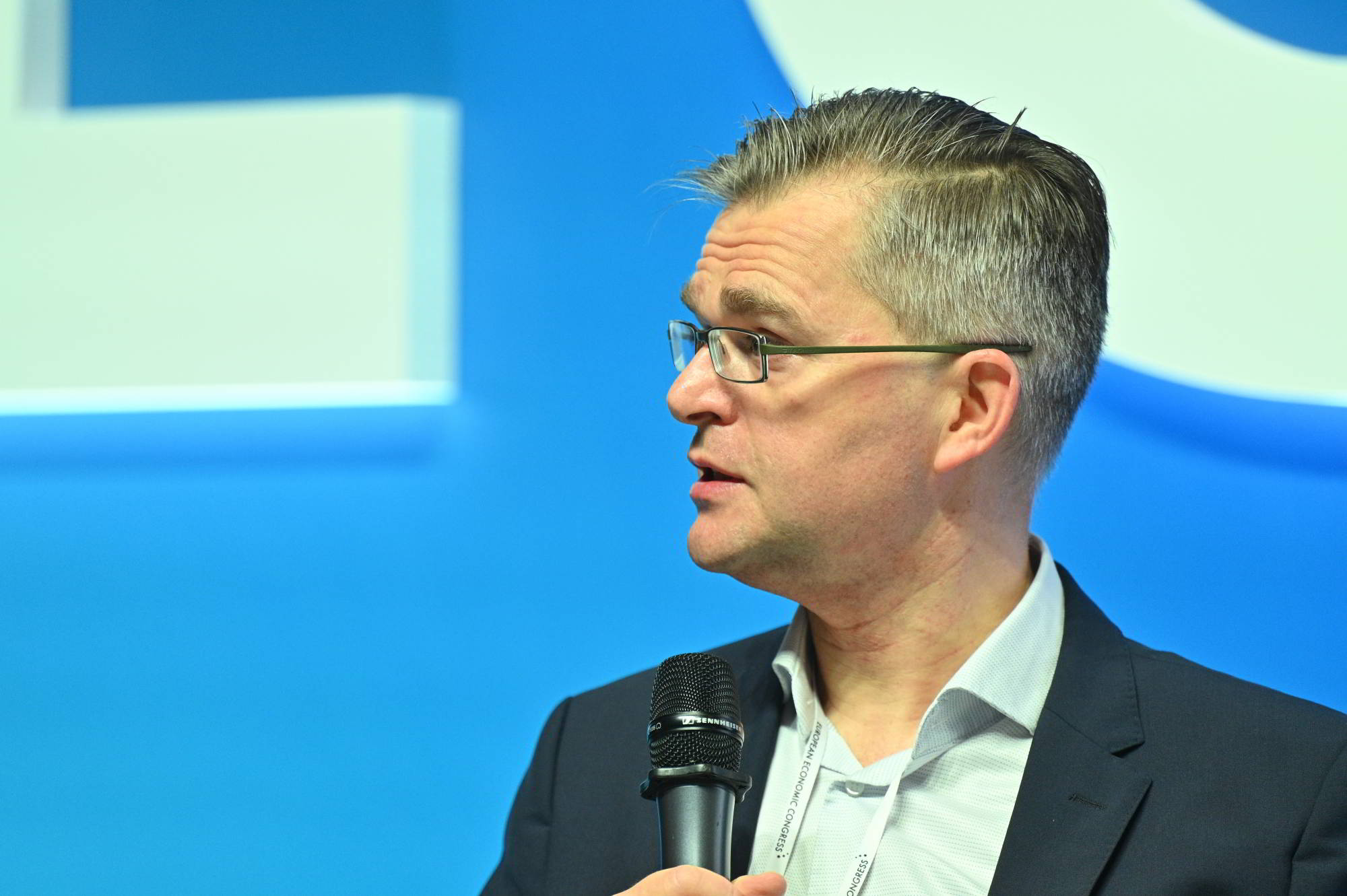 Rafał Benecki, dyrektor biura analiz makroekonomicznych, główny ekonomista, ING Bank Śląski. Fot. PTWP
Rafał Benecki, dyrektor biura analiz makroekonomicznych, główny ekonomista, ING Bank Śląski. Fot. PTWP